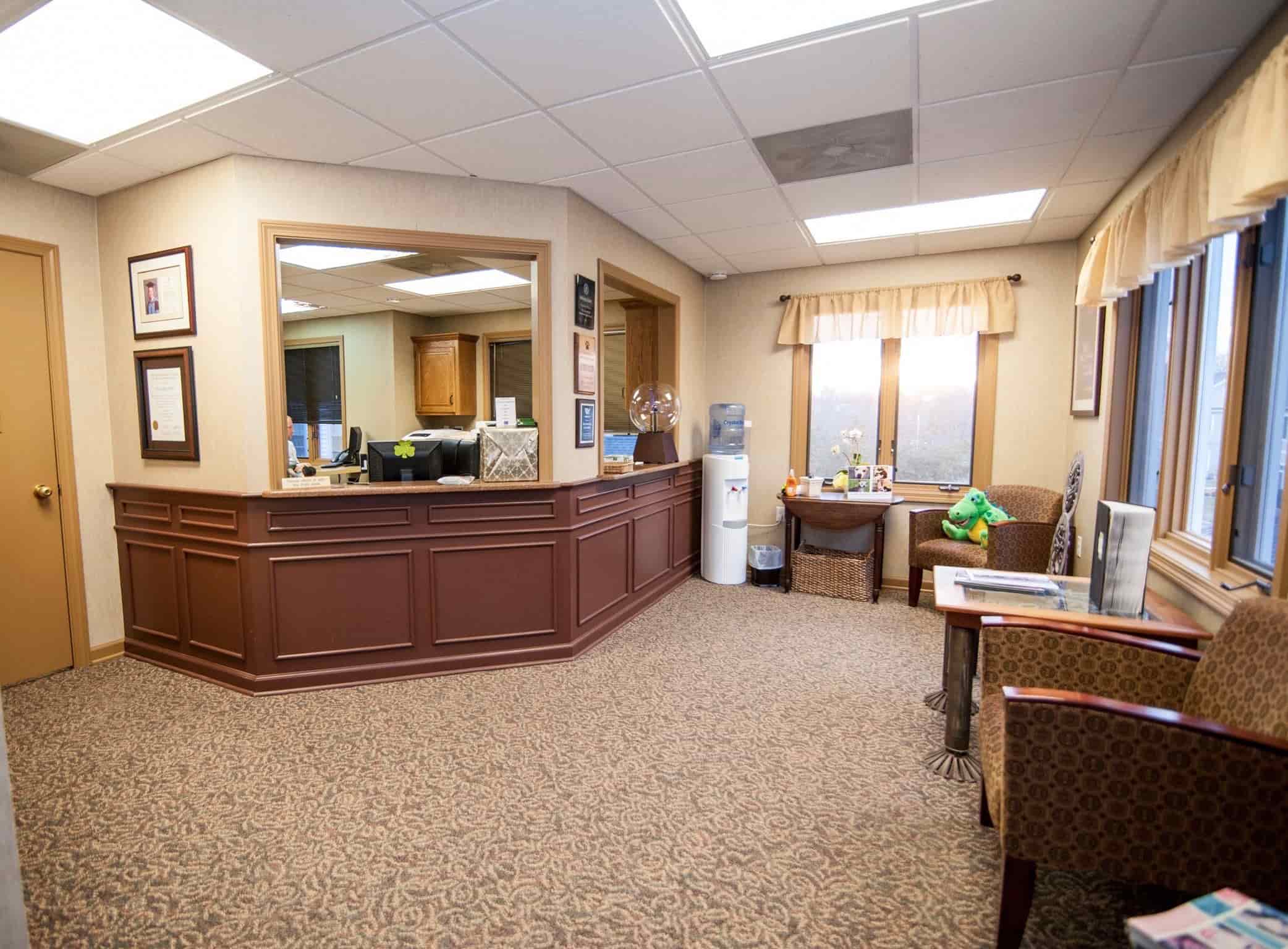Imagine investing in a confident smile, only to face the unsettling thought of your body rejecting that new dental implant. It's a scenario no one wants, but understanding the signs and knowing what to do can make all the difference. Let's explore how to handle implant rejection, ensuring your journey to a dazzling smile stays on track.
Signs That Your Dental Implant Might Be Failing
Recognizing the early signs of implant rejection is vital. The sooner you catch these signs, the better your chances of preventing further complications. Common symptoms include:
- Persistent pain: Some discomfort after surgery is normal, but if pain persists or worsens over time, it might indicate a problem.
- Swelling and inflammation: While some swelling is expected, prolonged or increasing swelling could signal an issue.
- Loosening of the implant: A successful implant should feel secure. If it starts to feel loose, this could be a sign of rejection.
- Gum recession: If the gums around the implant start to recede, exposing more of the implant, this could be another warning sign.
If you notice any of these symptoms, it's important to reach out to your dental office immediately. Early intervention can make a significant difference.
Possible Causes of Implant Rejection
Understanding why an implant might be rejected can help prevent and address the issue. Various factors can be the cause of implant failure, including:
- Infection: Post-surgery infections can compromise the stability of the implant. It's essential to follow your dentist's aftercare instructions to minimize this risk.
- Insufficient bone support: A successful implant relies on a solid foundation of bone. If there isn't enough bone, the implant may fail to integrate properly. This can happen if bone loss occurs after the implant is placed.
- Allergic reactions: Some patients may get an allergic reaction to the materials which are used to make the implant, although this is rare.
- Lifestyle factors: Habits like smoking or poor oral hygiene can greatly increase the risk of implant rejection. Smokers, in particular, face higher risks as smoking can impair healing and reduce blood flow to the gums.
Being aware of these causes and discussing your health and habits with your dentist in Southington can help mitigate the risks associated with dental implants.
Immediate Steps to Take if You Suspect Implant Rejection
If you think your mouth is rejecting a dental implant, the first thing to do is stay calm. Panic won't help, but taking quick, decisive action will. Here's what you should do:
- Contact your dentist right away: As soon as you notice signs of implant rejection, get in touch with your dental office. They will likely schedule an immediate appointment to assess the situation.
- Avoid touching the implant: Do not attempt to adjust or touch the implant. This can worsen the problem and introduce bacteria into the area.
- Follow all instructions: Your dentist might provide instructions to care for the implant site until your appointment. Follow these carefully to avoid further complications.
Taking these steps can help protect the implant and reduce the likelihood of needing further corrective procedures.
Treatment Options After Implant Rejection
If an implant is indeed rejected, don't despair. Several treatment options are available depending on the cause of the rejection:
- Infection control: If an infection is the culprit, your dentist may prescribe antibiotics and clean the affected area thoroughly. In some cases, the implant may need to be taken out or removed to allow the area to heal.
- Bone grafting: If the rejection is due to insufficient bone support, bone grafting might be necessary. This process involves adding bone material to the area to create a stronger foundation for the implant. After healing, a new implant can often be placed successfully.
- Alternative solutions: In cases where implants are not viable, there are other ways to replace missing teeth. Dental bridges or dentures can be considered, offering effective solutions to restore your smile.
Talking about these options with your dentist will help you make the best decision for your oral health and personal needs.
Preventing Future Implant Rejection
Once you've dealt with an implant rejection, it's natural to feel concerned about the future. However, there are steps you can take to reduce the likelihood of this happening again:
- Maintain excellent oral hygiene: Brush and floss daily, and use an antibacterial mouthwash as suggested or advised by your dentist. Keeping your mouth clean is one of the best ways to prevent infection and support healing.
- Quit smoking: If you smoke, consider quitting. Smoking is a prominent risk factor for implant rejection and other oral health issues.
- Regular dental check-ups: Keep up with regular visits to your dentist. Routine check-ups can catch probable problems early and ensure your implants remain healthy.
- Follow aftercare instructions: After any dental procedure, it's very important to adhere to the care instructions provided by your dentist. This will help in the healing process and improve the success rate of your implants.
By taking these precautions, you can increase the chances of a successful outcome if you choose to pursue dental implants in Plantsville again in the future.
Dealing with implant rejection can be frustrating and stressful, but it doesn't have to mark the end of your journey to a healthier smile. By understanding the signs, knowing what steps to take, and being proactive about your oral health, you can overcome this setback and explore alternative solutions. Remember, implant rejection is not uncommon, and there are ways to address it effectively.
Wondering If Dental Implants Are Right for You? Schedule Your Consultation Today!
If you're concerned about your current implants or considering getting new ones, don't wait to seek advice. At Southington Dentistry, our experienced team is here to help you find the best solution for your smile. Schedule a consultation today, and let's work together to achieve the best possible outcome for your dental health.

